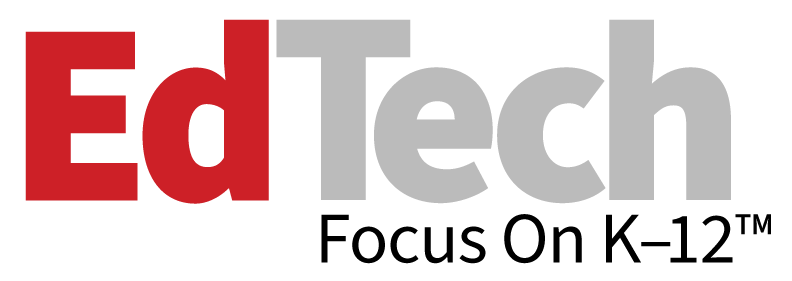New Digital Literacy Program Educates K-12 Students on Internet Safety
Navigating the ins and outs of online privacy, security and fair use in the digital age can be challenging for parents and educators, let alone students.
With the rise of Internet-based learning and greater use of technology in the classroom, how should teachers engage students on topics about digital literacy and Internet safety? What should be discussed in an age-appropriate conversation about healthy and responsible use of the Internet and being an ethical digital citizen?
The good news is that the Internet Keep Safe Coalition is laying the foundation for those conversations to begin when students enter kindergarten and continue through high school, according to Education Week.
The nonprofit, which describes itself as an “international alliance of more than 100 policy leaders, educators, law enforcement members, technology experts, public health experts and advocates,” is releasing a series of lessons to assist teachers and parents in promoting digital literacy and encouraging safe Internet use among students.
Curriculum Teaches Students How to BEaPRO
The coalition will publish more learning materials for elementary school students and sixth-graders over the next 18 months before expanding the curriculum for all middle- and high school students.
“Over the next year, we will be developing curriculum that helps parents and educators prepare students to live ethically, protect privacy, guard security and engage with others appropriately — the key pillars of digital literacy, which we call BEaPRO,” Marsali Hancock, president of the Internet Keep Safe Coalition, wrote in a recent blog post.
Here’s how Hancock defines BEaPRO:
Balance: Maintaining a healthy balance between work and play, online and offline activities.
Ethics: Helping kids understand their rights, responsibilities and consequences of their actions online.
Privacy: Protecting personal information and maintaining privacy.
Relationships: Engaging safe and healthy relationships with technology as a tool.
Reputation: Building a positive online reputation that will contribute to future success.
Online Security: Observing good habits for securing hardware and software.
The first in a series of lessons is titled “Copyright & Creativity for Ethical Digital Citizens.” The curriculum, which includes videos, activities and handouts, is designed to teach students how to “make conscious choices about sharing their own creative work while understanding the value of respecting the rights of other creators,” according to the coalition.
In developing the lessons, the organization partnered with the California School Library Association and received input from education thought leaders, legal experts and open access advocates. The coalition also outlines how these lessons align with education standards, including Common Core State Standards, which address student research to build and present knowledge, as well as integration of knowledge and ideas.









